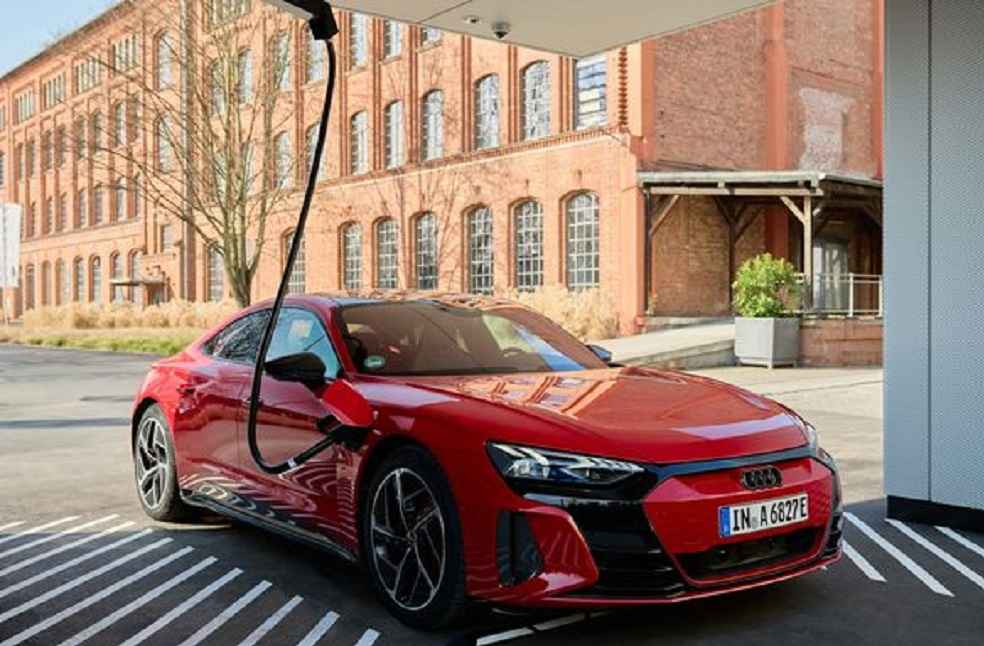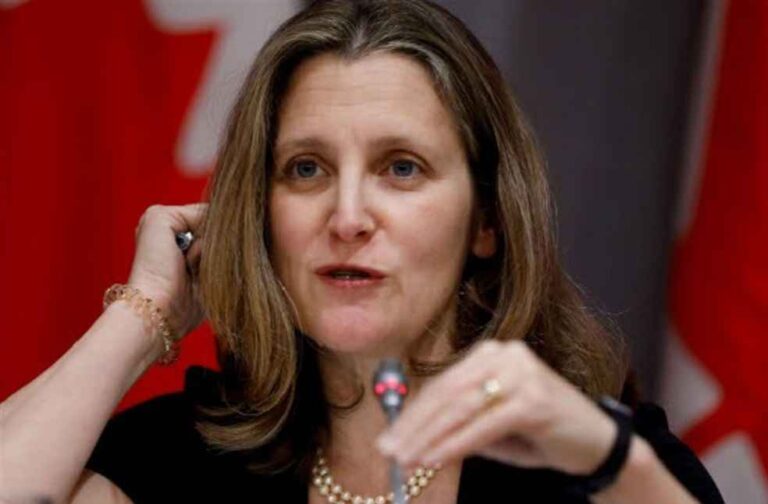Canada has launched a 30-day consultation period to impose new import taxes on Chinese EVs, accusing China of distorting global trade rules and flooding the market. This move, announced by Finance Minister Chrystia Freeland, comes on the heels of similar actions by the United States and European Commission, which cite unfair subsidies benefiting Chinese EVs.
At an auto parts plant in Vaughan, Freeland emphasized China’s practices of overproducing and exporting surplus EVs, which she argues breach international trade norms. “Canada will not tolerate this,” she declared. The consultation, starting July 2, will investigate economic impacts, national security risks, and environmental, labor, and human rights issues linked to Chinese market practices.
Canada has made major investments in its auto sector, placing itself as a leader in the global EV supply chain. Since October 2020, $46 billion has been pledged for 13 EV plants, battery factories, and related facilities, supported by $53 billion from federal and provincial governments.

Freeland’s proposed tariffs fall under section 53 of the Customs Tariff Act, previously used in 2018 to counter U.S. tariffs on Canadian aluminum and steel. The consultation will also consider expanding the surtax to EV components and adjusting the federal EV rebate program.
Currently, the only Chinese-made EVs in Canada are Tesla models from Shanghai, which face a 6% import tariff but qualify for a $5,000 rebate. Canadian automakers and unions fear an influx of low-cost Chinese EVs could undermine local industry efforts. Unifor president Lana Payne and Global Automakers of Canada president David Adams voiced support for the surtax to protect Canadian jobs and ensure fair competition.
Conservative trade critic Kyle Seeback also endorsed the move, emphasizing the need to shield Canadian manufacturing jobs from cheap Chinese imports.

Globally, China dominates EV production, with 70% of EV batteries and 60% of EVs made there. The European Commission, alarmed by China’s expanding market share, has initiated an anti-subsidy probe and plans to levy a 17-38% surtax on Chinese imports starting July 4, though negotiations might alter this. The U.S. will raise its import tax on Chinese EVs to 100% and increase the tax on EV batteries from 7.5% to 25% by August, as stated by President Joe Biden.
China has warned of retaliatory measures against European goods if the surtax proceeds, highlighting the escalating global trade tensions around the growing EV market.
GADGETS | LG Innotek Targets $1.4B in Automotive Sensor Sales by 2030





